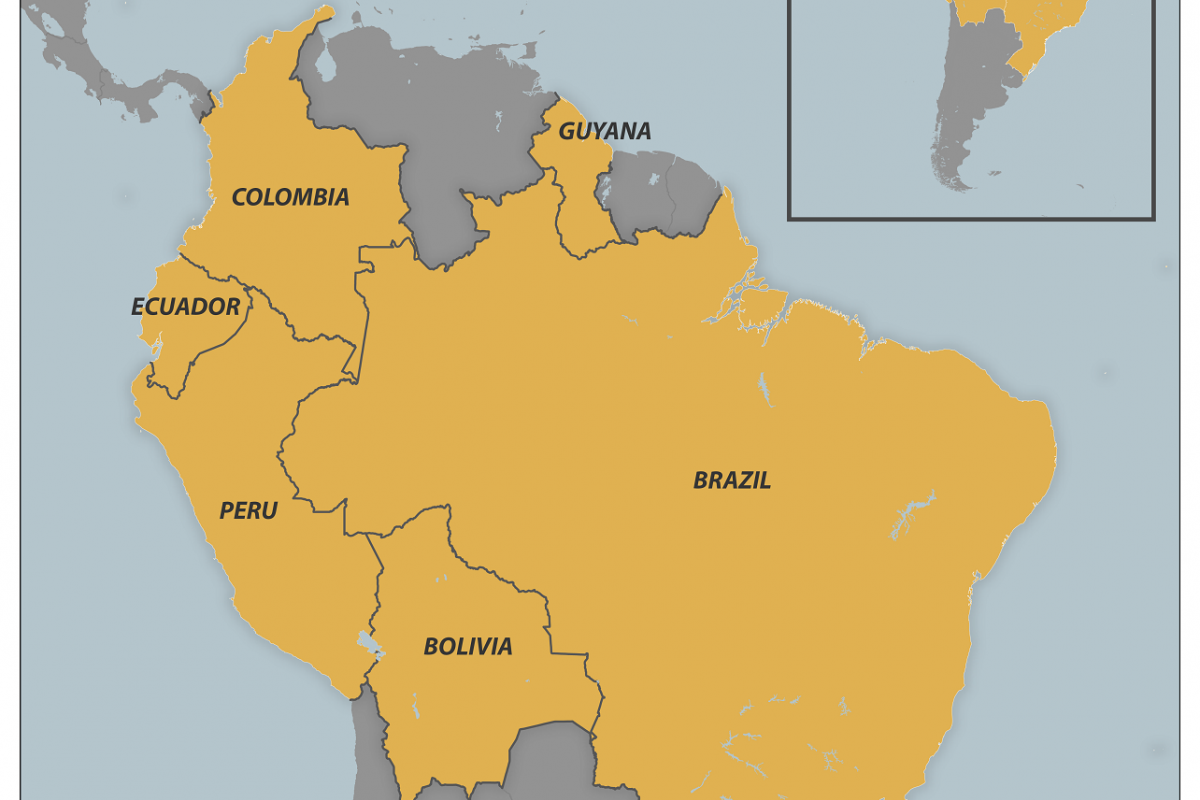Over 11,000 Oropouche Cases and Two Fatalities Reported in the Americas in 2024

In the Region of the Americas, outbreaks of Oropouche virus disease have occurred historically in the Amazon region in rural and urban communities in Brazil, Colombia, Ciba, Ecuador, French Guiana, Panama, Peru, and Trinidad and Tobago.
On December 5, 2024, the World Health Organization (WHO) issued Disease Outbreak News regarding the current outbreak.
As of late November 2024, a total of 11,634 confirmed Oropouche cases, including two deaths, have been reported in the Region of the Americas across ten countries and one territory: Bolivia, Brazil, Canada, Cayman Islands, Colombia, Cuba, Ecuador, Guyana, Panama, Peru and the United States of America.
In the USA, the Florida Department of Health published its Arbovirus Surveillance Update 48 on November 30, 2024, revealing 90 travel-associated Oropouche fever cases have been reported this year in travelers to Cuba.
The WHO's News report highlights the need to strengthen epidemiological and entomological surveillance and reinforce the population's preventive measures.
This advice is crucial due to the expansion of the virus's transmission area and the growing need to understand better the disease spectrum, including possible new transmission routes. Oropouche is spread primarily by the bite of infected midges (small flies) and mosquitoes.
While it is unknown if Oropouche can be spread by sex, travelers to outbreak areas should take precautions during travel and for six weeks after returning to the USA from abroad.
According to the U.S. CDC, these vectors could affect the general population and vulnerable groups, such as pregnant women, their fetuses, and newborns.
Unfortunately, there are no Oropouche preventive vaccines available in 2024.
Based on available information, the WHO assesses the overall public health risk posed by the Oropouche virus as high at the regional level and low at the global level. Based on the current information on this event, WHO advises against applying travel or trade restrictions.
Our Trust Standards: Medical Advisory Committee




